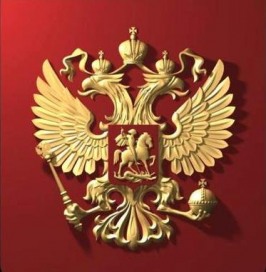Charles Michel has announced a new programme of economic support to Donbass by the EU. How does the Russian side assess the fact of granting such assistance and its content?
We are well aware that the European Union is providing financial and advisory assistance to the Ukrainian leadership for development of the Kiev-controlled territories of the Donetsk and Lugansk regions. At the same time, Brussels tends to ignore that economic blockade imposed by Ukraine on the other part of Donbass has been in place for over four years, worsening the humanitarian situation in the region.
Going back to the newly announced EU programme you mentioned, its specific content has not yet been made public. Charles Michel only said that it would include funding for the Entry-Exit Crossing Points (EECPs). The initiative is commendable, but obviously it will only be implemented in practical terms if Kiev works in good faith together with Donbass representatives in the relevant humanitarian subgroup of the Contact Group. So far, we regret to note that the Ukrainian delegation, in violation of its commitments undertaken at the Normandy Four Summit in Paris on 9 December 2019, is disrupting on far-fetched pretexts the full opening of two EECPs in the Lugansk region – “Shchastya” and “Zolote”. If Brussels is really interested in making life better for Donbass residents, it should construct its dialogue with Ukrainian counterparts in a completely different way.
The President of the European Council also said that Russia is a party to the Ukrainian conflict, and not a mediator. How does the Russian side regard this statement?
This statement is essentially nothing new and reiterates Western misinterpretation of the Minsk Agreements. Thorough acknowledgement with the text of the Agreements would clearly reveal that the parties to the conflict are Kiev, Donetsk and Lugansk. Indeed, encouraging the Ukrainian leadership's persistent unwillingness to engage in direct dialogue with representatives of Donbass, its intention to avoid at all costs any discussions with them of key political aspects of a settlement, including agreement on special status of the region and granting it the right to linguistic self-determination, will only prolong and aggravate the internal Ukrainian crisis. In this way the EU are allowing Kiev to entertain the hope for resolving the conflict by force.
We call on all our partners to base their assessments on the letter and spirit of the "Package of Measures" of 12 February 2015, which was, by the way, approved unanimously by the UN Security Council. Unfortunately, for the time being one cannot avoid a feeling that Berlin and Paris, participants of the Normandy format supplementive the work of the Contact Group, are not sufficiently informing their EU colleagues of the current negotiation process.























